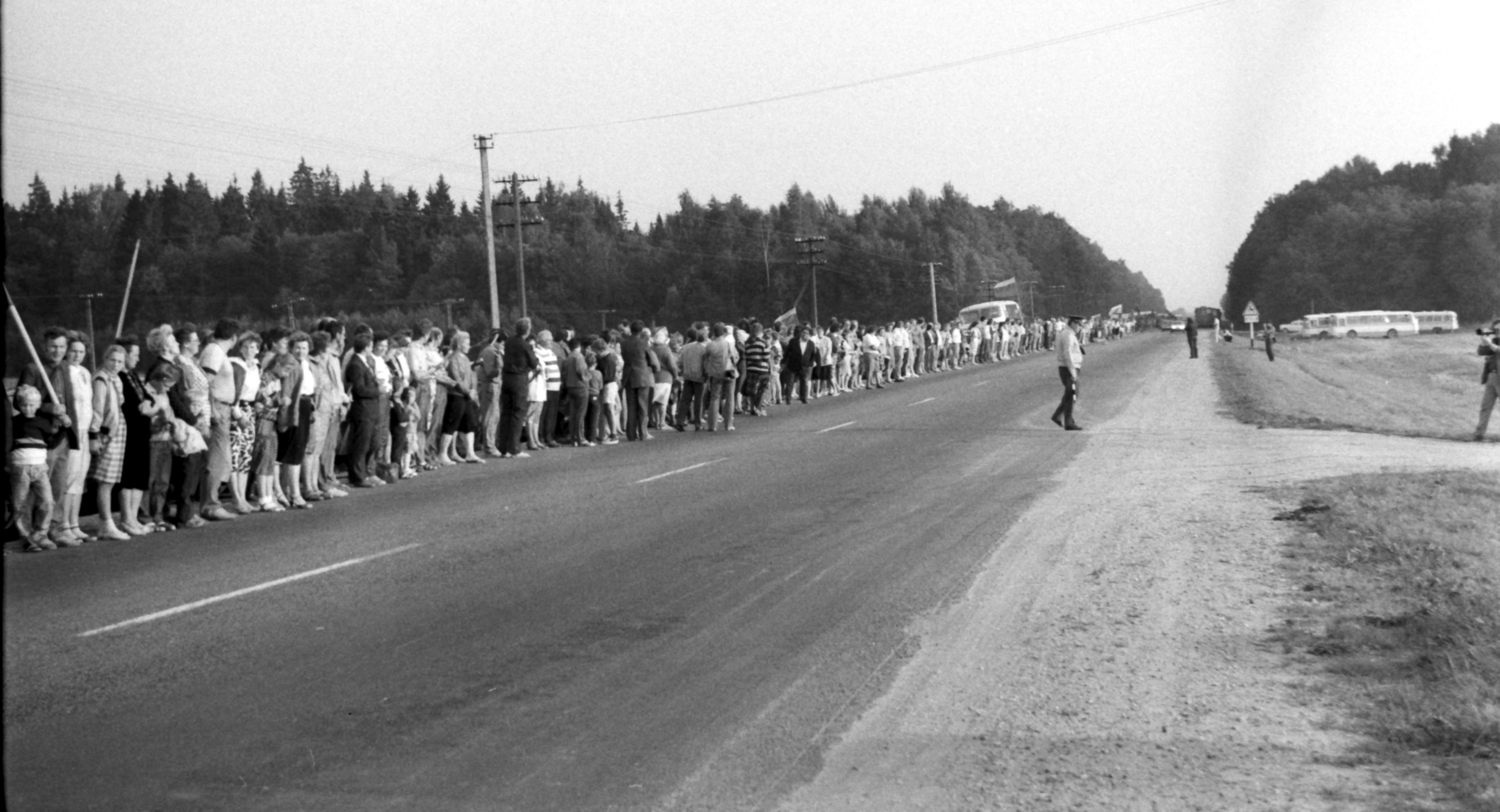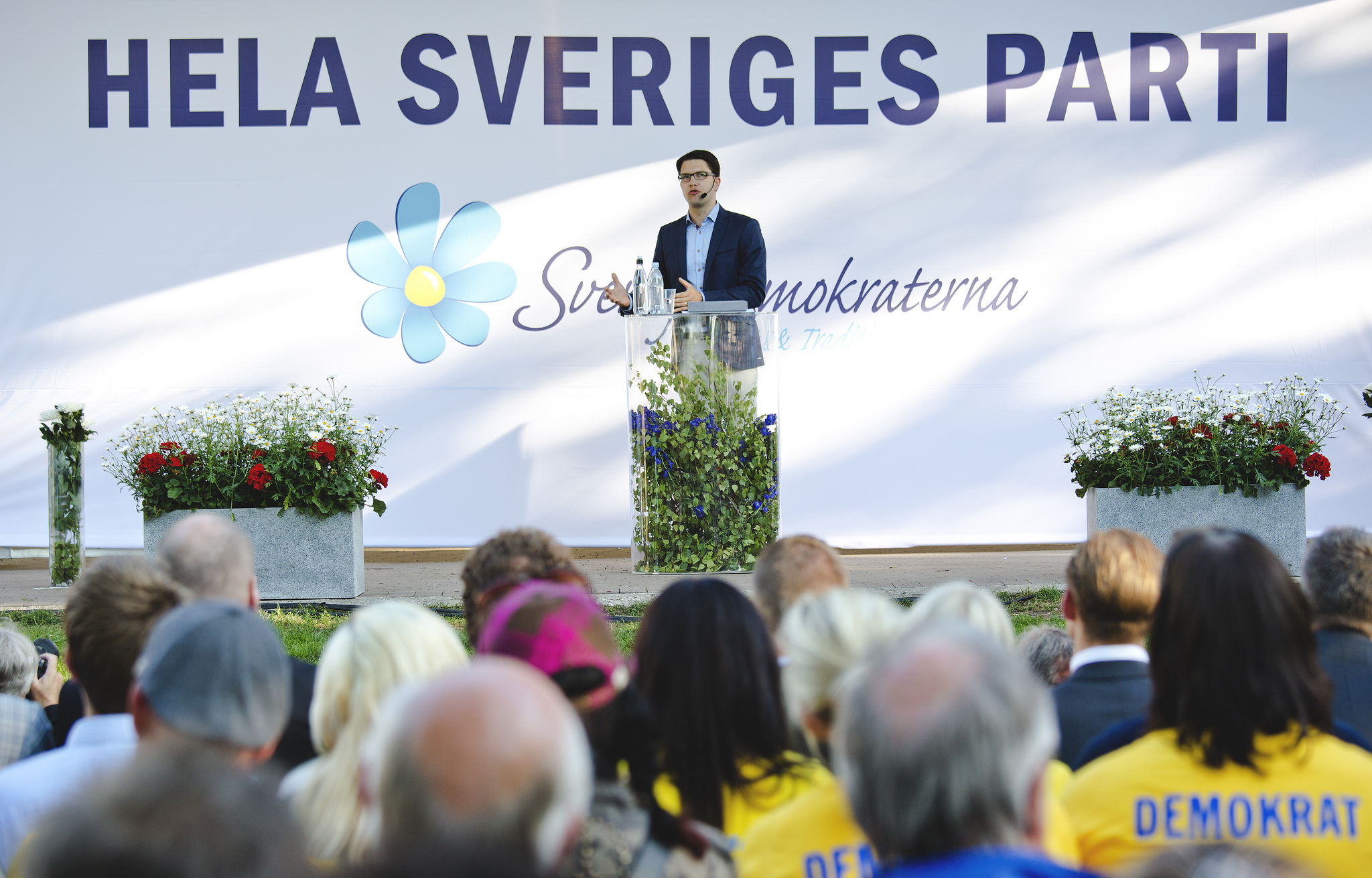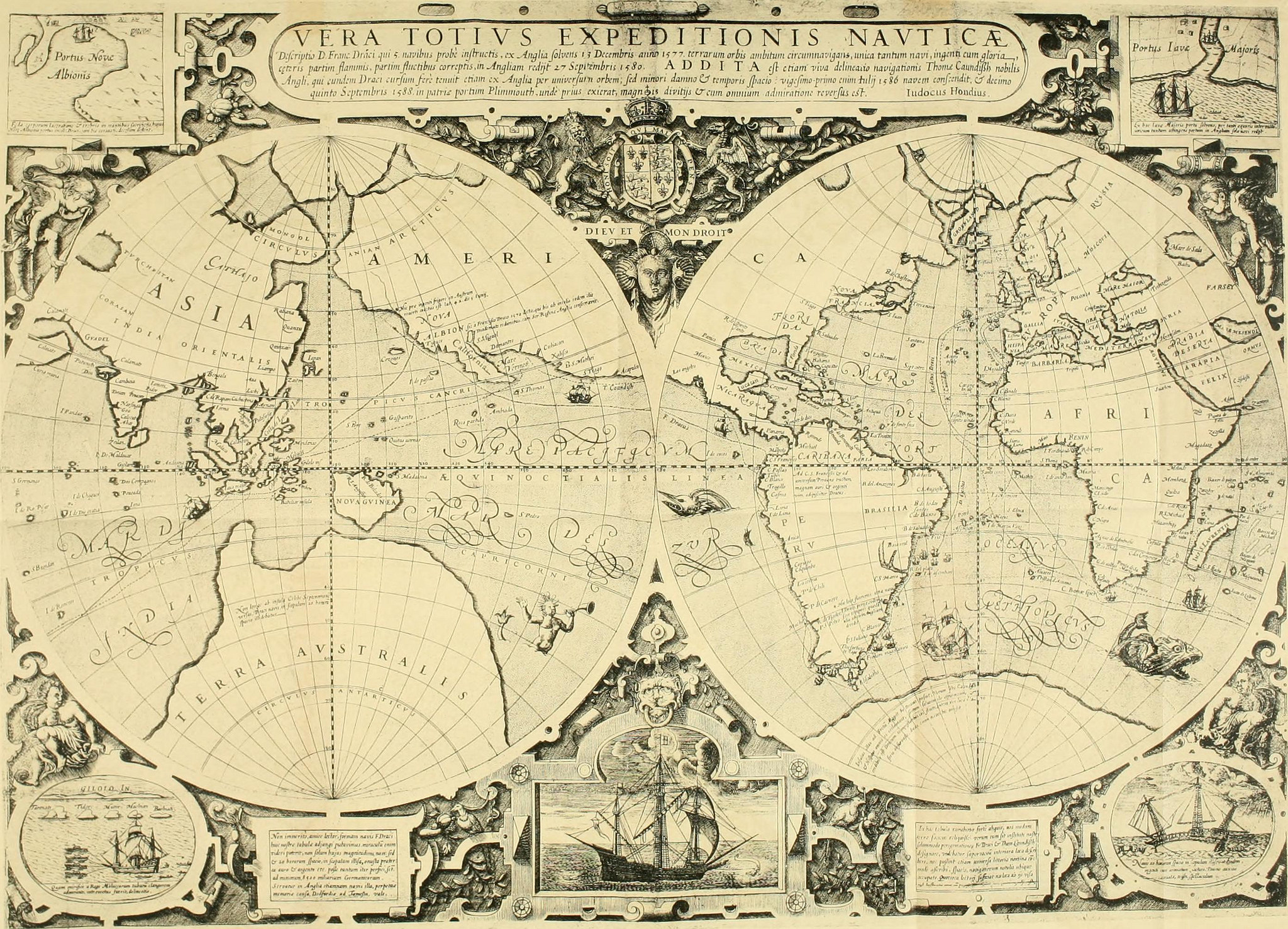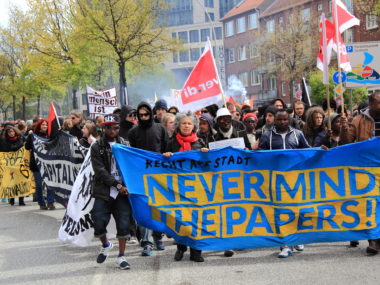Guest post by Sarah Zukerman Daly.
In 2016, the Colombian government and FARC signed a peace accord to end 52 years of civil war that left 220,000 Colombians dead and over 5 million displaced from their homes. Under a comprehensive peace deal, the FARC was able to recast itself as a political party and run in the 2018 legislative and presidential elections.
To do so, it did what my research suggests 83% of parties derived from civil war belligerents do: it did not let go of its violent past and change its name as a sign of contrition, but instead embraced that past, running its party with the same acronym it used to terrorize Colombia with campaigns of massacres and kidnappings.
In Sunday’s legislative election – its first test at the polls – the FARC party performed very poorly. It garnered less than 1% of the Senate and lower house votes. Is this surprising? Its own commanders seemed to think the party would perform better. While guaranteed ten seats by the peace accord, FARC senate candidate and party leader Carlos Antonio Lozada told reporters: “We are very optimistic and trust it will be more than ten [seats].”
At the same time, others anticipated mass rejection of the party on grounds of revenge. Germán Vargas Lleras, a presidential candidate and the former vice president during the peace negotiations, asked “What can they expect? … That after 40 years of kidnappings and killings they get received with hugs?”
My research, however, shows that levels of atrocities do not predict electoral outcomes. While many point to citizens’ anger at – and hatred of – the FARC as demonstrated in recent protests, in fact, in many cases, victims vote for perpetrators. Indeed, my findings suggest that parties derived from indiscriminately violent rebels and governments do just as well in post-war elections as those that exercised restraint in their use of atrocities. Regions of countries most plagued by violence often vote for the actors that carried out violence against them, with victims even voting for their victimizers.
Instead, my research suggests that Sunday’s electoral results are not surprising because the best determinant of how parties perform after war is the military balance of power on the ground. Given the FARC’s severely weakened military forces, the electoral results are exactly what we would expect. After failed peace talks under President Andrés Pastrana (1998-2002), President Álvaro Uribe’s administration proved steadfast in its desire to militarily defeat the rebels and to bring peace to Colombia not through a negotiated end, but by forcing the guerrillas to surrender. During his time in office, the FARC were reduced from nearly 21,000 combatants to roughly 9,000 fighters. President Juan Manuel Santos continued this armed pressure, further weakening the FARC before negotiating peace.
Accordingly, the distribution of power at war’s end strongly favored the government. With little power, the FARC now lacks the ability to take credit for peace, to shape the narrative of the past violence that takes hold in Colombia, and to re-spin this violent past for its electoral purposes.
What does this mean for Colombian politics? Will the FARC return to war? While the literature suggests this is a real risk – and it is precisely this risk that motivates rebels’ inclusion in politics via peace accords – my research suggests that parties that perform poorly in elections do not necessarily return to war.
This is not to suggest that defection and remilitarization by FARC combatants will not occur, but it is unlikely to be driven by Sunday’s electoral showing. Indeed, FARC commander Iván Márquez responded to the dismal election results on Twitter by pointing towards a peaceful, politically engaged future: “I voted with hope, I voted for the future, I voted for the red rose (a reference to his party’s logo).”
Sarah Zukerman Daly is an Assistant Professor in the Department of Political Science at the University of Notre Dame and a Faculty Fellow in both the Kellogg Institute for International Studies and the Kroc Institute for International Peace. Her book, Organized Violence After Civil War: The Geography of Recruitment in Latin America, was published by Cambridge University Press in 2016.






